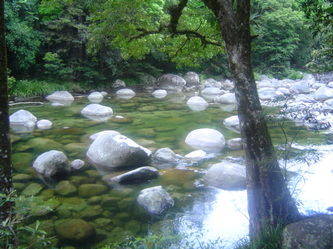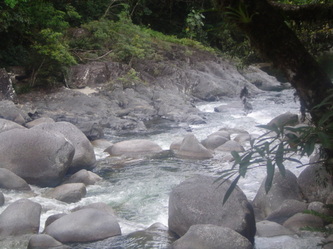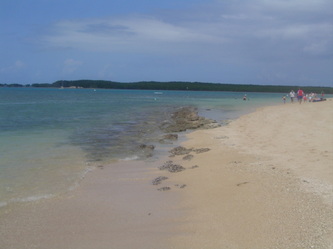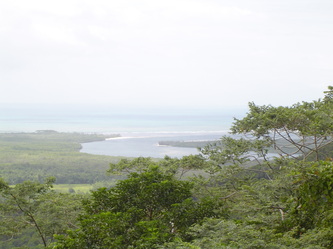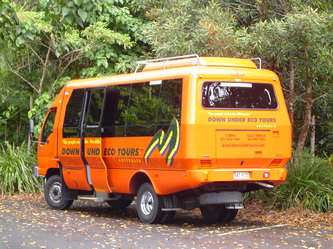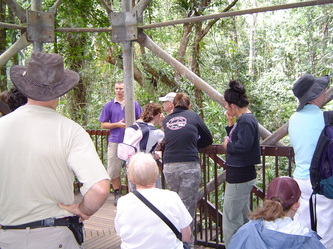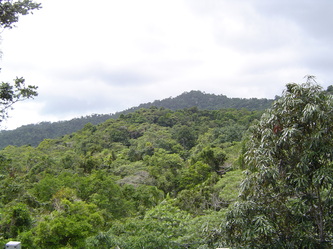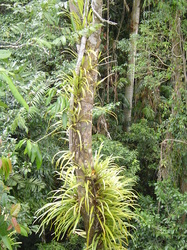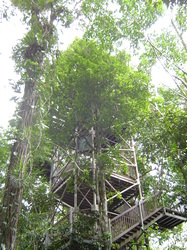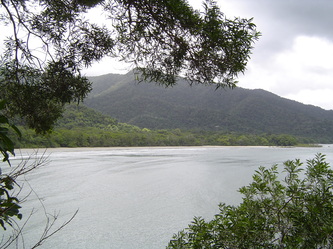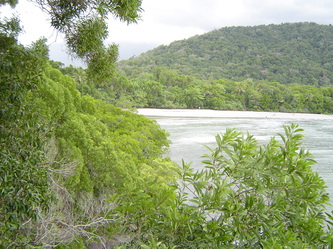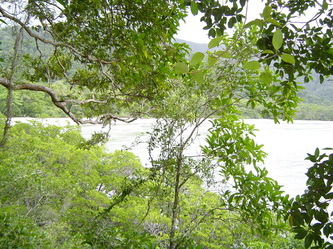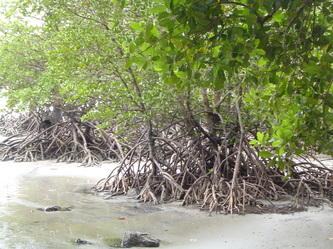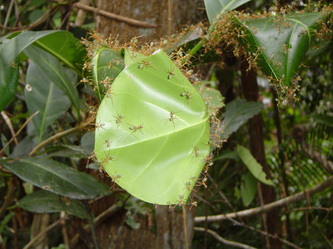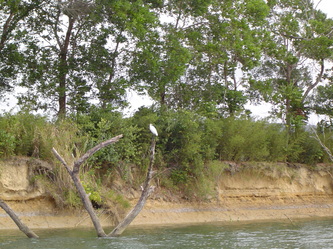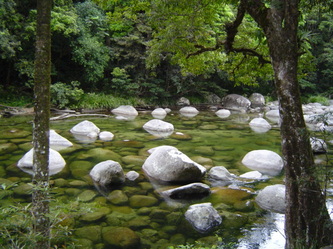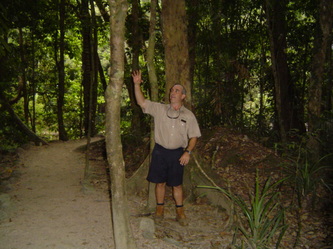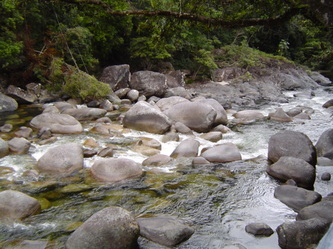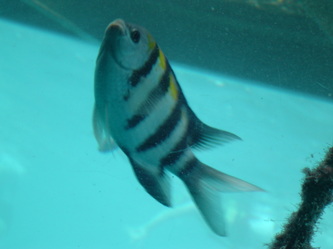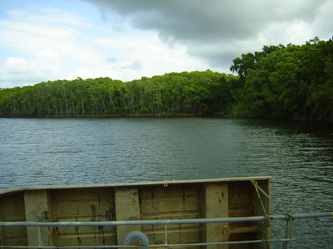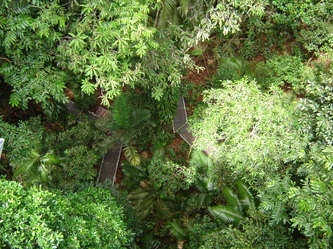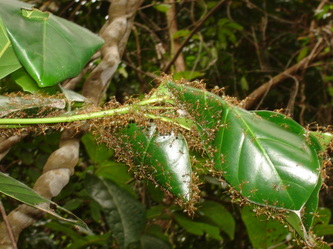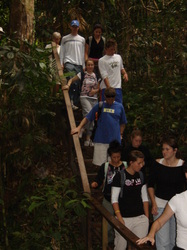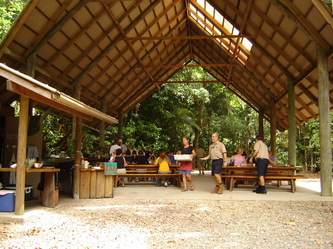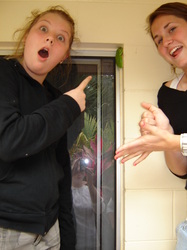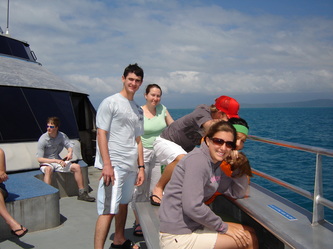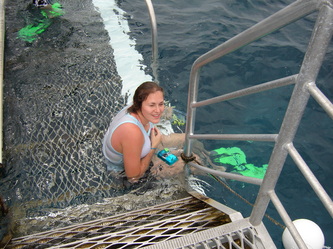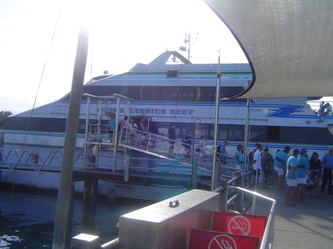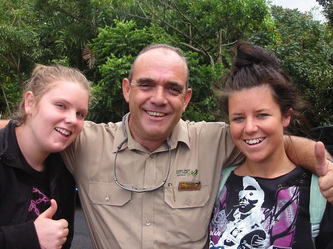Great Barrier Reef Excursion
If you are planning an excursion to the Great Barrier Reef you have a couple of options - base yourself at Cairns or Port Douglas and travel out to the reef and surrounds, or base yourself out on one of the islands. Your decision will be determined by cost, availability and also whether you are just focusing on coral reefs on your trip or a rainforest or wetland ecosystem as well.
You might like to look into one of the research stations which are located nearby. Heron Island Research Station and Moreton Bay Research Station are run by The University of Queensland. These venues offer excellent facilities such as lecture theatres, computer rooms, laboratories, diving and snorkelling equipment, bunk room accommodation, the option of on-site catering. Lizard Island Research Station is run by the Australian Museum. The station offers accommodation, boats, laboratories, aquarium systems, diving and more.
If you are based at Cairns or Port Douglas then you will probably use the tour operators operating such as Quicksilver or Sunlover Reef Cruises, where you can get a Guided Snorkelling Safari Tour where students learn about the basics of coral and fish identification, reef ecology and marine conservation.
Small World Journeys offer a Student Trip: Ecosystems at Risk: Reefs and Rainforest, 6 day trip. This includes all accommodation, most meals and trips. There is also a 4 day Ecosystem at Risk: Coral Reefs Study available.
You might like to look into one of the research stations which are located nearby. Heron Island Research Station and Moreton Bay Research Station are run by The University of Queensland. These venues offer excellent facilities such as lecture theatres, computer rooms, laboratories, diving and snorkelling equipment, bunk room accommodation, the option of on-site catering. Lizard Island Research Station is run by the Australian Museum. The station offers accommodation, boats, laboratories, aquarium systems, diving and more.
If you are based at Cairns or Port Douglas then you will probably use the tour operators operating such as Quicksilver or Sunlover Reef Cruises, where you can get a Guided Snorkelling Safari Tour where students learn about the basics of coral and fish identification, reef ecology and marine conservation.
Small World Journeys offer a Student Trip: Ecosystems at Risk: Reefs and Rainforest, 6 day trip. This includes all accommodation, most meals and trips. There is also a 4 day Ecosystem at Risk: Coral Reefs Study available.
